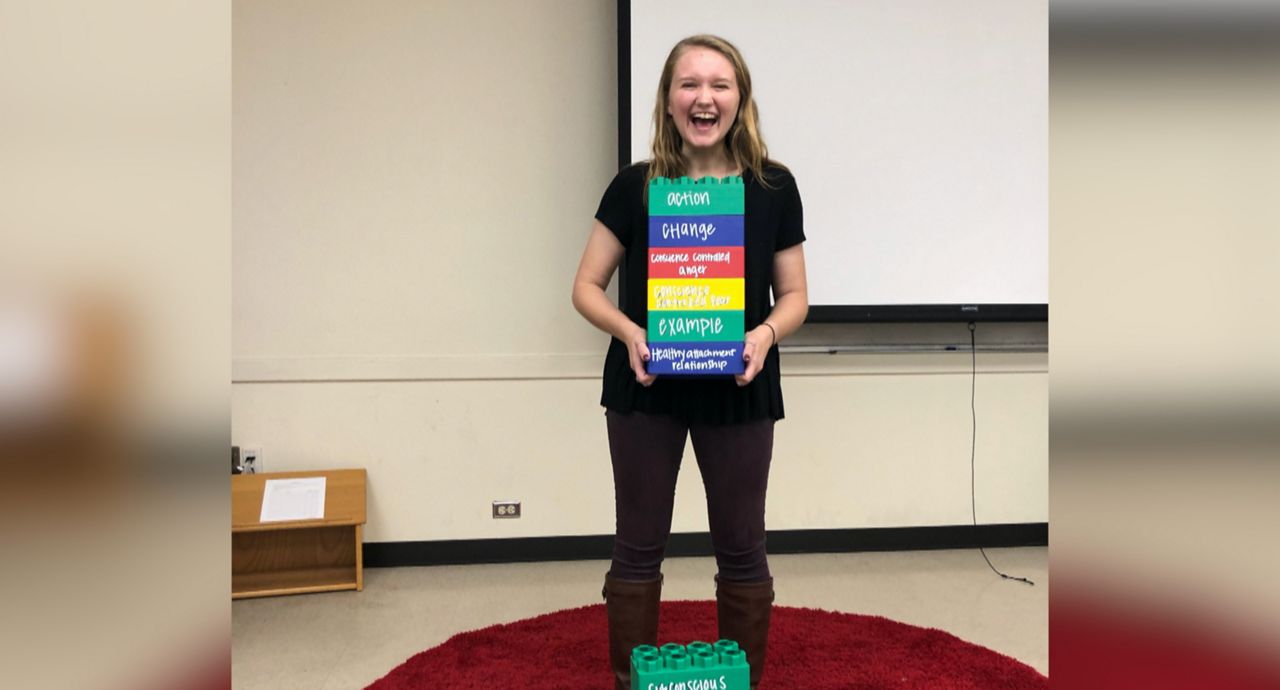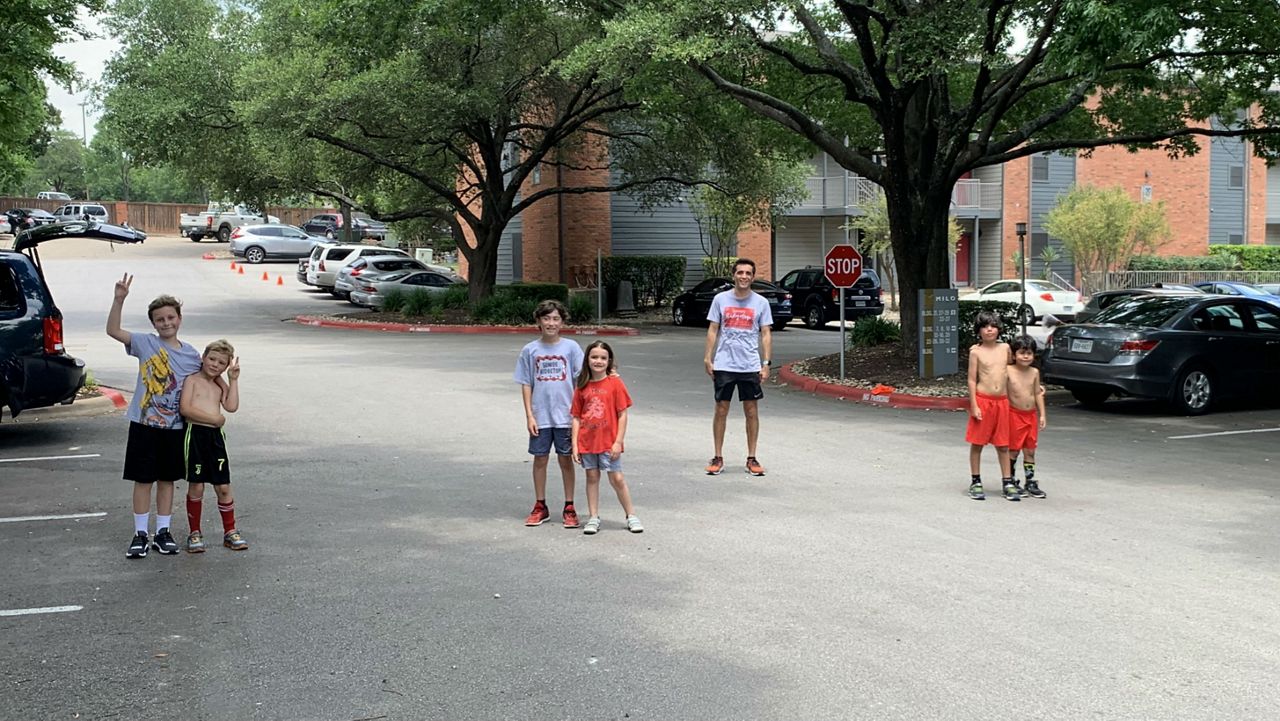SAN ANTONIO – At Lanier High School, 96 percent of students are economically disadvantaged, but that didn’t stop their criminal justice team from making it to state earlier this year.
What You Need To Know
- Team made it to statewide competition this year
- Hoping to expand the team but then school closed because of COVID-19
- Students hope to go to Nationals next year
“I’m pretty sure that a lot of people have said a lot of bad things about this school and hearing that, being able to make history and show the world what this school is made out of,” senior Matthew Ramos says.
Every year the YMCA hosts a “Youth and Government” competition as school teams serve in model governments at the local, state, national, and international level. Lanier competed in the judicial category where the students act as judges, attorneys, bailiffs, and witnesses.
Even though Lanier didn’t advance to nationals, the students are proud to defy expectations.
“It feels uplifting, it feels good because I’m trying to set an example for myself and Lanier to show that there is good that comes out of the West Side,” said junior Michael Perez. “And not everyone's going to be a statistic.”
The West Side school neighbors the Alazan and Apache Courts— housing projects built in the 1940s for impoverished Mexican-American families.
“When we got back from Austin, we decided we wanted to give the whole school an opportunity to experience what we experienced,” Perez said.
So Perez and his returning teammates launched a club.
“We a had a list of 12, 13 people that were wanting to join some freshman, mostly some seniors,” Perez says. “And then I get hit with, ‘Okay, you can’t come out the house for a week, two weeks, three weeks — a month.”
Perez believes Lanier can make it to nationals next year, which is why he’s been soaking up information while in quarantine.
“I’ve been looking over rules and procedures, just in case, to prepare myself. Just in case we do get lifted from quarantine and come back,” Perez said.
Beyond competing nationally, Perez is already envisioning a future as a lawyer and wants to educate his barrio.
“If you get pulled over by someone and they are just throwing the whole book at you,” Perez said, “and you can just say ‘Hey, I know my rights.’ That’s the difference between you being in jail or you walking free.”








